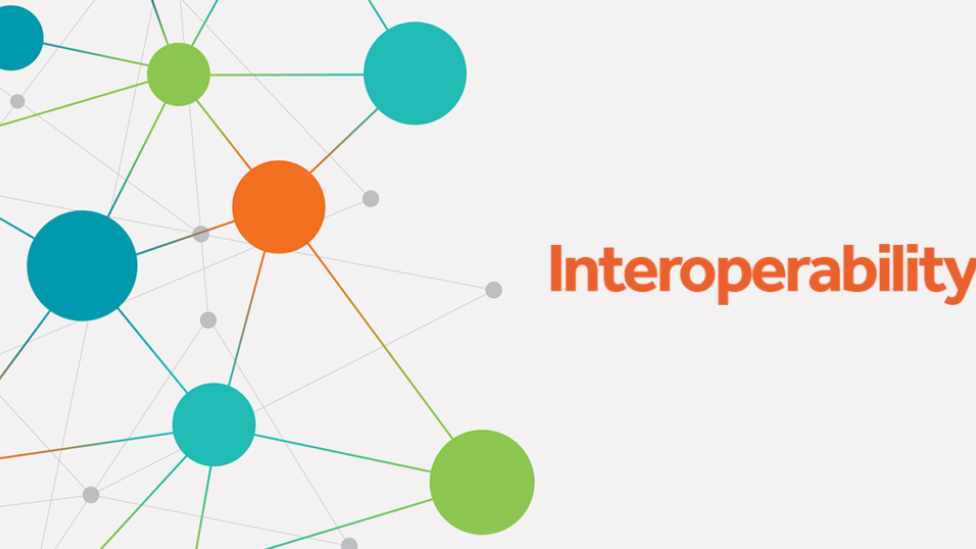In the ever-evolving healthcare landscape, the secure and efficient management of patient data is paramount. However, traditional healthcare systems often grapple with challenges such as data breaches, lack of interoperability, and limited patient control over their information. This is where blockchain technology steps in, offering innovative solutions that have the potential to revolutionize healthcare by enhancing security, interoperability, and patient data management.
Securing Patient Data with Blockchain
One of the significant challenges in healthcare is the security and privacy of patient data. Blockchain technology offers a promising solution by providing robust security measures and protecting sensitive information from unauthorized access and tampering.
Blockchain’s inherent features, such as immutability and encryption, ensure that patient data remains secure throughout its lifecycle. Each transaction or data entry is encrypted, time-stamped, and linked to the previous block, creating an unalterable chain of records. This tamper-resistant nature makes it extremely difficult for hackers to modify or manipulate the data, safeguarding patient privacy.
For example, MedRec is a blockchain-based system developed at MIT that allows patients to securely store and share their medical records. Blockchain ensures that patient data is encrypted and accessible only through private keys, reducing the risk of data breaches and unauthorized access. Patients have control over who can access their records, granting healthcare providers permission as needed.
Enhancing Interoperability in Healthcare with Blockchain
Interoperability, or the ability of different healthcare systems and providers to exchange and access patient data seamlessly, is essential for coordinated and effective care. However, the need for interoperability has been a longstanding challenge in the healthcare industry. Blockchain technology has the ability to address this issue by creating a standardized and secure platform for data exchange.
With blockchain, healthcare data can be stored and shared decentralized, enabling different systems and providers to access information securely. The standardized format of data stored on the blockchain allows for seamless interoperability, promoting better care coordination and reducing duplication of tests or procedures.
For instance, the Synaptic Health Alliance, including prominent healthcare organizations like Aetna and Ascension, utilizes blockchain technology to improve data sharing and interoperability. By storing provider directories on a shared blockchain, they aim to streamline the process of verifying provider information, reducing administrative burdens, and improving the accuracy of health plan directories.
Conclusion
In conclusion, blockchain applications in healthcare hold tremendous promise for enhancing security, interoperability, and patient data management. By leveraging blockchain technology’s decentralized and immutable nature, healthcare systems can address longstanding challenges and revolutionize how patient data is handled, shared, and utilized. With increased security, seamless interoperability, and patient empowerment, blockchain is set to transform the healthcare landscape, ushering in a new era of trust, efficiency, and patient-centric care.




























